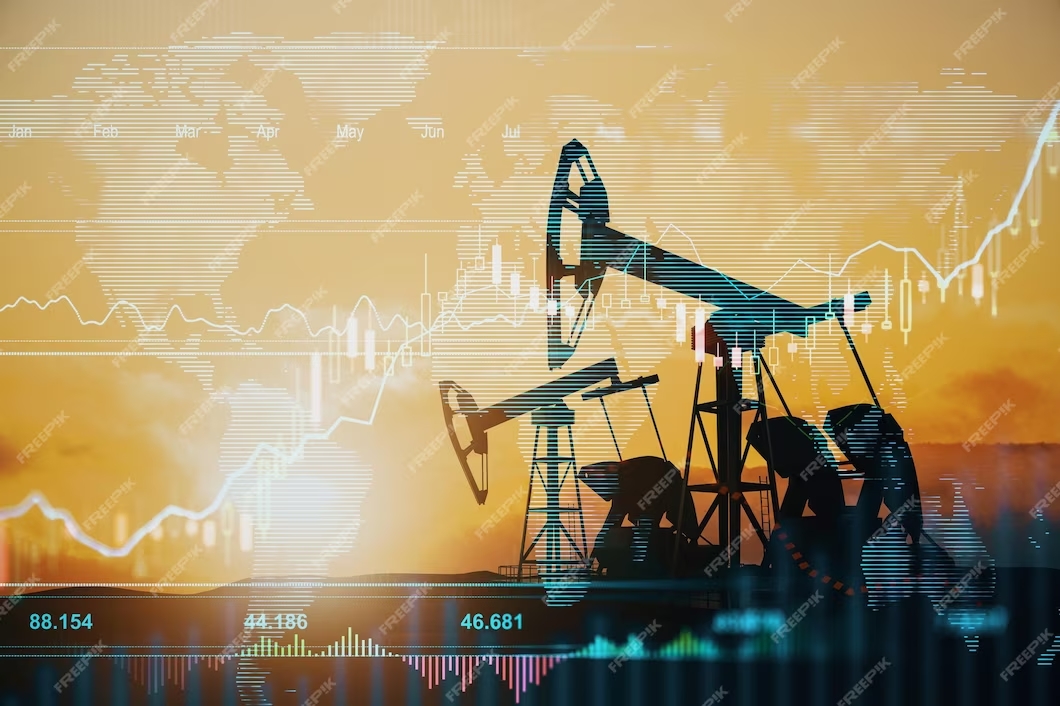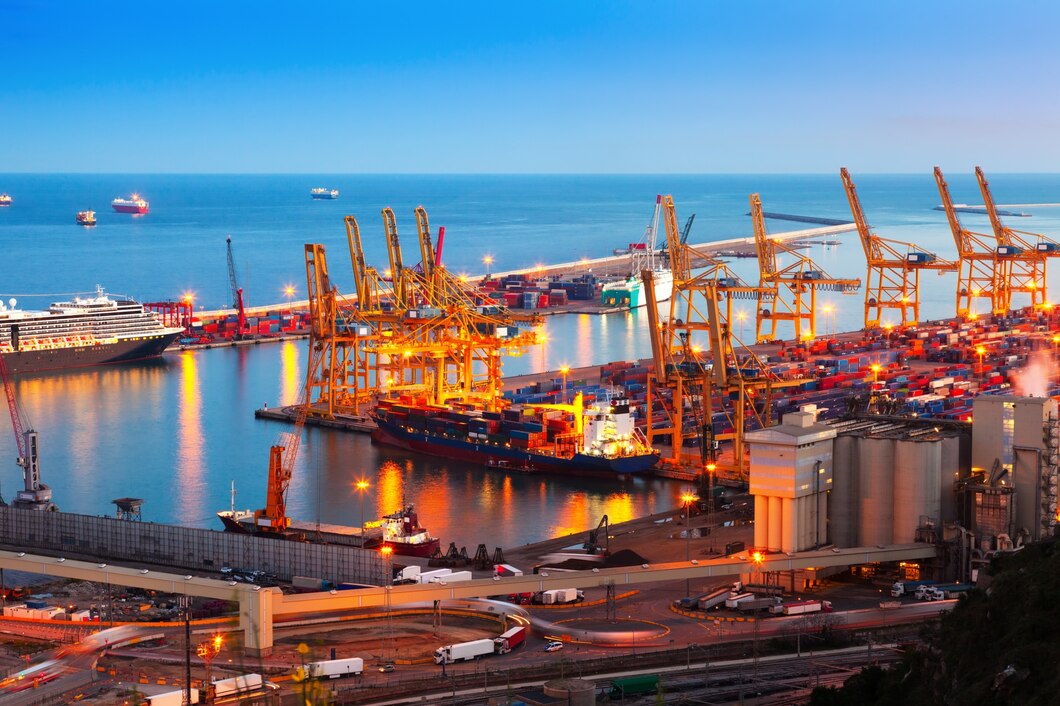Sustainable Agriculture and Oil Trading: Intersections and Opportunities
- 1 Sustainable Agriculture and Oil Trading
- 1.1 Historical Context
- 1.2 The Direct Impact of Oil on Agriculture
- 1.3 Environmental Impacts and Concerns
- 1.4 Economic Intersections
- 1.5 Innovations and Opportunities
- 1.6 Policy Recommendations and Global Initiatives
- 1.7 Case Studies: Success Stories and Lessons Learned
- 1.8 The Future: Predictions and Trends
- 2 Conclusion
Sustainable agriculture and oil trading, on the surface, appear as disparate sectors of the global economy. The former focuses on producing food and fiber in environmentally friendly ways, while the latter involves the buying and selling of one of the world’s most coveted resources. Yet, these two sectors are intricately linked, with their interdependencies shaping economies, policies, and the environment. Join the community of successful traders who have leveraged the oil edge revolution.
Sustainable Agriculture and Oil Trading

Historical Context
Historically, the relationship between agriculture and the oil industry has been symbiotic. The Green Revolution of the mid-20th century, which aimed to enhance food production, leaned heavily on oil-derived products. High-yield crops, for instance, required more fertilizers, pesticides, and irrigation—all of which were reliant on oil in some form.
The Direct Impact of Oil on Agriculture
Oil’s influence on agriculture is multifaceted. For one, fuel powers the machinery that plants, harvests, and processes our food. Moreover, transportation of agricultural products, whether it’s from farm to market or across continents, is heavily dependent on oil.
Additionally, petrochemicals play a crucial role in modern farming. Synthetic fertilizers, derived from natural gas (a hydrocarbon), enrich soils, while pesticides and herbicides, often manufactured from oil, protect crops. Consequently, when oil prices soar, the cost of agricultural production often follows suit.
Environmental Impacts and Concerns
Both agriculture and oil extraction/processing have significant environmental footprints. The combustion of fossil fuels releases vast amounts of greenhouse gases. Concurrently, unsustainable farming can lead to deforestation, loss of biodiversity, and soil degradation. The overuse of petrochemicals not only affects soil health but can also lead to water pollution.
Oil spills, such as the infamous Deepwater Horizon disaster, present acute environmental crises. The aftermath contaminates water sources and farmlands, jeopardizing food security.
Economic Intersections
Fluctuations in oil prices ripple through global economies, affecting food prices. For instance, higher oil prices can escalate transportation costs, making imported foods more expensive.
Geopolitical tensions, often centered around oil, further complicate the landscape. Sanctions or trade embargoes can disrupt the availability of oil or oil-based agricultural inputs. For countries heavily reliant on imports, this can spell disaster.
However, these challenges also present opportunities. Investors and stakeholders, aware of the volatility of oil markets, are increasingly looking at sustainable agriculture as a more stable avenue for investment.
Innovations and Opportunities
The challenges borne from the oil-agriculture nexus have spurred innovations. There’s a concerted push towards renewable energy in agriculture, with solar-powered irrigation systems and electric tractors becoming more prevalent.
Biofuels represent another bridge between agriculture and the energy sector. Crops like corn and sugarcane can be converted into ethanol, a renewable fuel. Though not without its controversies, biofuel production offers farmers an alternative market.
Technological advancements, too, are reshaping agriculture. Precision agriculture allows farmers to optimize resource use, reducing the need for fertilizers and pesticides. Drones provide real-time monitoring, and AI algorithms can predict crop yields with remarkable accuracy.
Policy Recommendations and Global Initiatives
For a harmonious coexistence of sustainable agriculture and oil trading, coherent policies are paramount. Governments could incentivize sustainable farming practices through subsidies, grants, or tax breaks. Diversifying energy sources, especially in agriculture, can cushion the sector from volatile oil prices.
International cooperation is equally crucial. Collaborative research, shared best practices, and mutually beneficial trade policies can ensure both sectors thrive.
Case Studies: Success Stories and Lessons Learned
Brazil stands out as a country that has embraced both sustainable agriculture and biofuel production. The nation’s sugarcane ethanol program is among the most successful globally, turning a food crop into a significant energy resource.
On the flip side, countries in the Middle East, while primarily known for their oil reserves, are investing heavily in sustainable agriculture technologies, recognizing the need for food security in arid regions and the impending realities of a post-oil world.
The Future: Predictions and Trends
The decline of the oil industry, as the world moves towards cleaner energy sources, will have profound implications for agriculture. There’s likely to be a surge in organic farming and practices that reduce reliance on oil-derived products.
Moreover, as the realities of climate change become more pronounced, collaborations between the energy and agricultural sectors will be imperative. Whether it’s through shared technological innovations or integrated supply chains, the intertwined destinies of these sectors will be more evident than ever.
Conclusion
The interplay between sustainable agriculture and oil trading profoundly influences global economies and environments. As these sectors continue to intertwine, resources offer invaluable insights, ensuring that we harness these connections for a more sustainable and secure future.

















